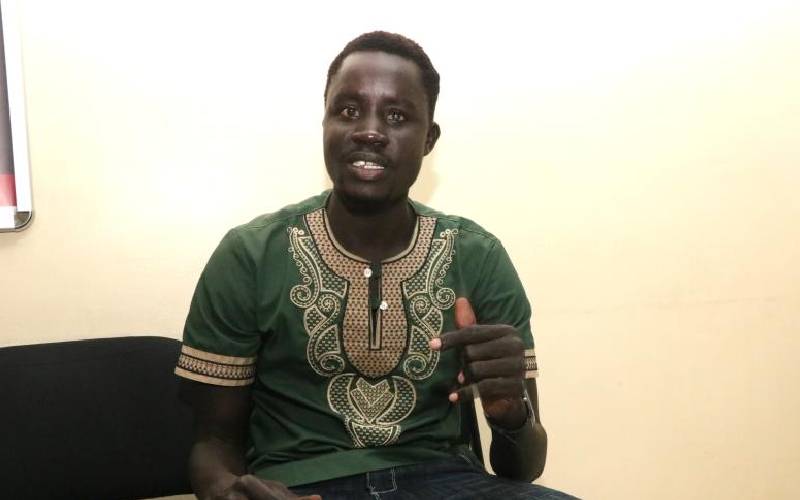×
The Standard e-Paper
Smart Minds Choose Us

Determination and zeal could as well be his middle name. His story is that of resilience and hard work, and many at the Kakuma Refugee camp testify so.
While others may overlook the essence of education in their life and not give their all, Peter Lidu, 28, knew at a very young age that it matters most.